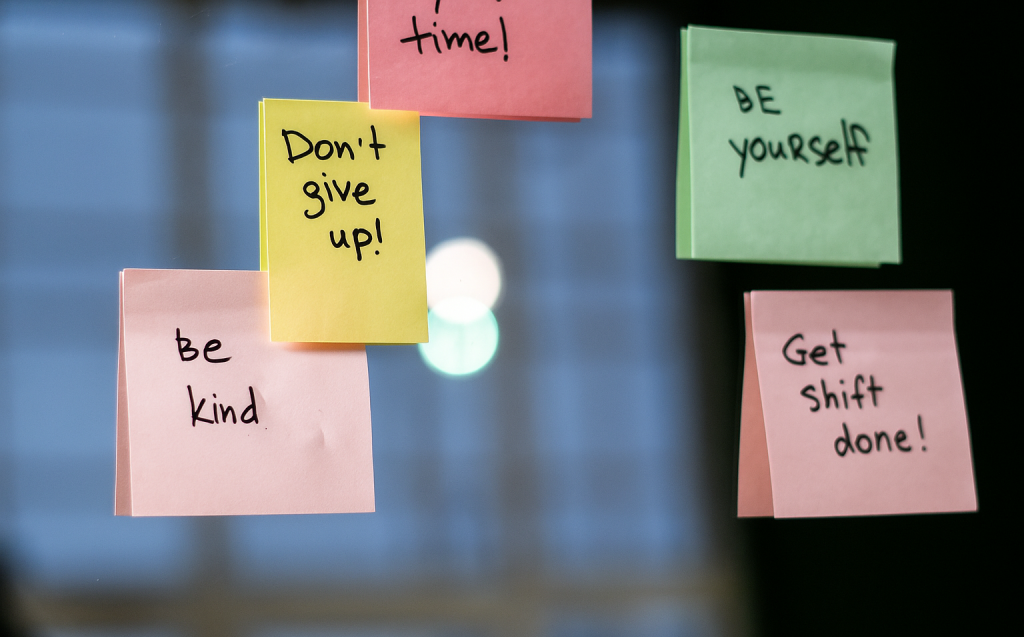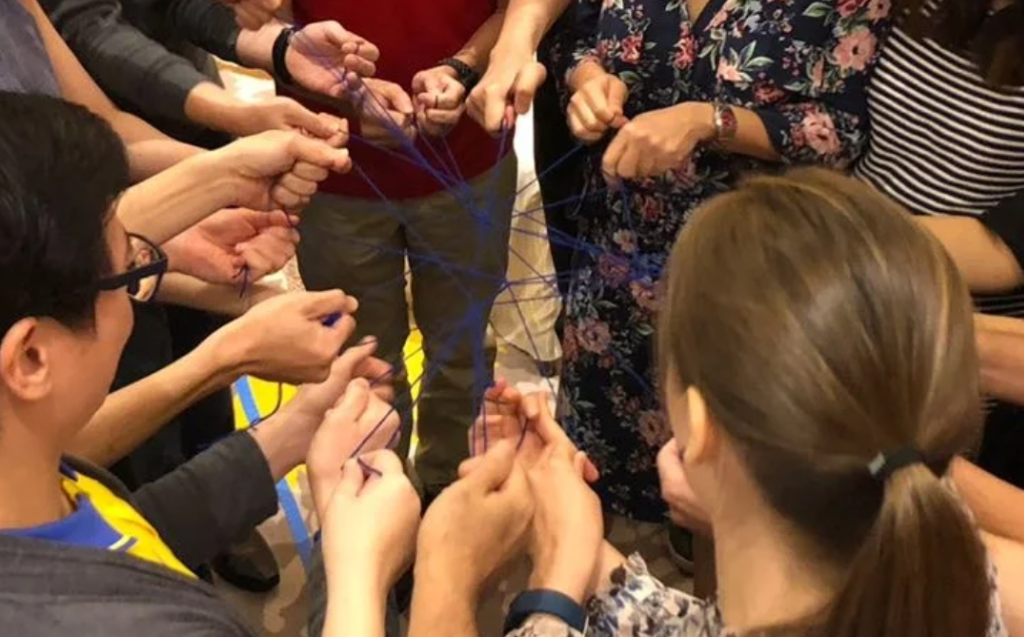For Me
Discover personal programmes and experiences designed to create the space to pause, reflect, and realign — cultivating the confidence, purpose, and energy to lead yourself and your life with intention.
Retreat Experiences
It’s about time to focus on yourself. Honour relationships at work, home, and within.
Explore Your Essence:
- Self-Discovery & Renewal: Find clarity, resilience, and personal alignment.
- Partner Connection: Cultivate intimacy, trust, and shared purpose.
- Family Dynamics: Strengthen bonds, communication, and wellbeing.
- Parenting Dialogue: Foster openness with teens through better communication.
- Life & Leadership: Align core values with how you live and lead.
Courses
Ready to level up? Boost core competencies for self-discovery and sustainable success.
Build Your Advantage:
- Core Identity: Unearth values defining your leadership and goals.
- Breaking Barriers: Reframe limiting patterns into growth opportunities.
- Emotional Intelligence (EQ): Manage emotions for impact in high-stakes settings.
- Managing Upwards: Build trust and navigate senior stakeholder expectations.
- Motivating for Action: Develop influence to energize teams and secure lasting commitment.
Executive Coaching
Find your trusted partner to close the leadership gap and achieve meaningful, sustained impact.
Lead with Finesse:
- Leadership Presence: Embody confidence, authenticity, and maximum impact.
- Transformational Action: Act with clarity and courage in complex situations.
- Relationship Intelligence: Deepen influence through trust and collaboration.
- Personal Mastery: Enhance self-awareness and resilience under pressure.
- Sustained Resilience: Manage energy, navigate pressure, and prevent burnout.
Upskilling through ORSC
Coach your relationship system using powerful tools to build resilient connections and drive results.
What You Gain:
- Systemic Lens: Coach the entire relationship system, not just individuals.
- Practical Tools: Gain techniques to transform conflict and build trust.
- Real-World Mastery: Apply strategies immediately through hands-on exercises.
- Global Credibility: Achieve world-class certification recognised by ICF.
- Post-Course Support Network: Access essential resources and peer support network.
The ELF experience
It was well organized and the speakers were carefully selected and expert on their fields. The topics presented were useful in running the day-to-day operations.
s.Andreea MilhalceaBucharest Chamber of Commerce
Being a business owner, there are benefits I was looking for and to your credit, we have achieved these.
Managing DirectorIT & Securities, Dubai
It was a refresher on the need to continuously raise the bar on how employees are nurtured and empowered to get them engaged in the execution of the company's objectives, its mission and vision.
Automotive IndustryPhilippines
Elfie had a way of being present throughout my journey of self discovery that was very natural and made me feel very safe...
Associate DirectorFortune 200 Company, Dubai
Human-Centred Transformation

- Insights
Reflections on Chinese New Year
As we welcome the Chinese New Year, we’re holding space...

- Insights
Reflections on Valentine’s Day
This Valentine’s Day, we’re listening to the voices within our...

- Insights
ELF Start to the Year
ELF works alongside leaders and teams to strengthen relationship systems...

- Insights
Why Coaching Matters at Work and in Life
Coaching helps leaders and teams navigate complexity, strengthen relationships, and...

- Insights
Why ORSC Matters: A Systems Approach to Coaching Teams That Last
ORSC transforms team coaching by focusing on relationships and systems,...

- Insights
Coaching in Crisis: What VUCA Really Feels Like in the Room
During the 2020 crisis, coaching shifted from performance-focused guidance to...
Human-Centred Transformation

- Insights
Reflections on Chinese New Year
As we welcome the Chinese New Year, we’re holding space...

- Insights
Reflections on Valentine’s Day
This Valentine’s Day, we’re listening to the voices within our...

- Insights
ELF Start to the Year
ELF works alongside leaders and teams to strengthen relationship systems...

- Insights
Why Coaching Matters at Work and in Life
Coaching helps leaders and teams navigate complexity, strengthen relationships, and...

- Insights
Why ORSC Matters: A Systems Approach to Coaching Teams That Last
ORSC transforms team coaching by focusing on relationships and systems,...

- Insights
Coaching in Crisis: What VUCA Really Feels Like in the Room
During the 2020 crisis, coaching shifted from performance-focused guidance to...
